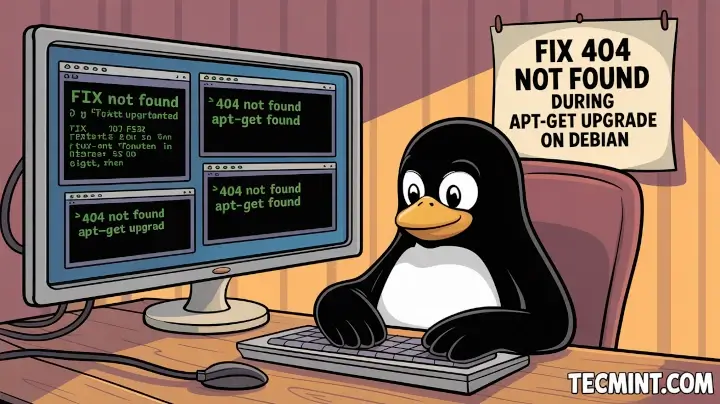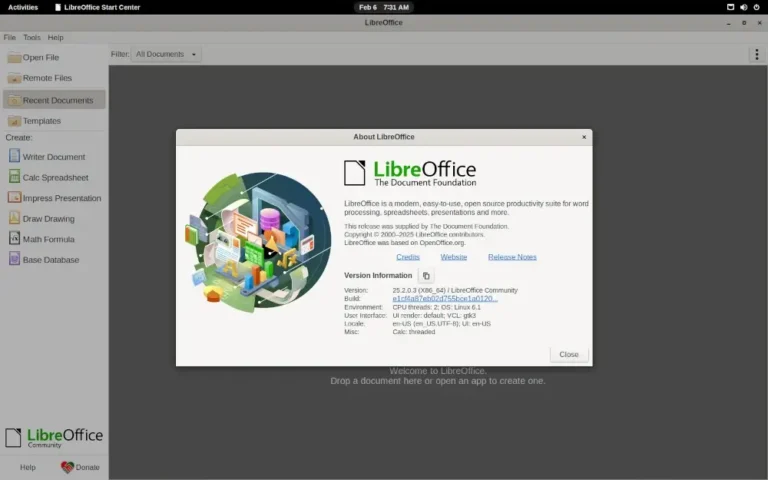
Zip is a command-line utility tool used for compressing files and folders. Compression of files & folders enables faster and more efficient transfer, storage, and emailing of files and folders. On the other hand, unzip is a utility tool that helps you decompress files and folders.
Benefits of zipping files:
- Save Disk Space – Compressed/zipped files take up less disk space, leaving you with more space to work with.
- Faster File Transfers – Zipped files are easy to transfer, including uploading, downloading, and attaching them to an email.
- Cross-Platform Support – You can easily decompress zipped files on Linux, Windows, and even Mac.
In this guide, we focus on how you can install the zip and unzip (archive utilities) on various Linux distributions, and walk you through the commands to get started.
How to Install Zip/Unzip in Debian/Ubuntu/Mint
For Debian-based distributions, install the zip utility by running the command.
sudo apt install zip
After installation, you can confirm the version of the zip installed using the command.
zip -v
For the unzip utility, execute a similar command as shown.
sudo apt install unzip
Again, just like zip, you can confirm the version of the unzip utility installed by running.
unzip -v
How to Install Zip/Unzip in RedHat/CentOS/Fedora
Just like on Debian distributions, installing zip and unzip utilities on RHEL-based distros is quite simple.
To install zip, simply execute:
sudo dnf install zip
For the unzip utility, install it by running:
sudo dnf install unzip
How to Install Zip/Unzip in Arch/Manjaro Linux
For Arch-based distros, run:
sudo pacman -S zip
For the unzip utility,
sudo pacman -S unzip
How to Install Zip/Unzip in OpenSUSE
On OpenSUSE, run the command below to install zip.
sudo zypper install zip
And to install unzip, execute.
sudo zypper install unzip
Basic Zip and Unzip Usage
Once installed, you can immediately start compressing and extracting files.
Create a zip archive:
zip archive.zip file1 file2 file3
Extract a zip archive:
unzip archive.zip
List the contents of a zip file without extracting:
unzip -l archive.zip
For more information, read our article that shows how to create and extract a zip files in Linux.
Common Errors and Fixes
Here are some common issues you may run into when using zip/unzip on Linux:
- Error:
zip: command not foundorunzip: command not found, which means the utilities are not installed. You need to install them by following the installation steps for your Linux distro above. - Error:
permission deniedwhen compressing/extracting, which means you may be trying to zip or unzip files in a directory you don’t have access to. Use sudo or switch to a directory you own. - Error:
End-of-central-directory signature not found, which usually happens when the zip file is corrupted or incomplete. Try downloading the file again or ask the sender to re-compress it.
Conclusion
For newer versions of Linux distros such as Ubuntu and RHEL, the zip and unzip utilities already come pre-installed, and you are good to go.
We covered how to install zip and unzip command-line tools on various Linux distributions, how to check if they are installed, and some basic commands to use them. With these utilities, compressing and extracting files becomes simple, fast, and cross-platform.




